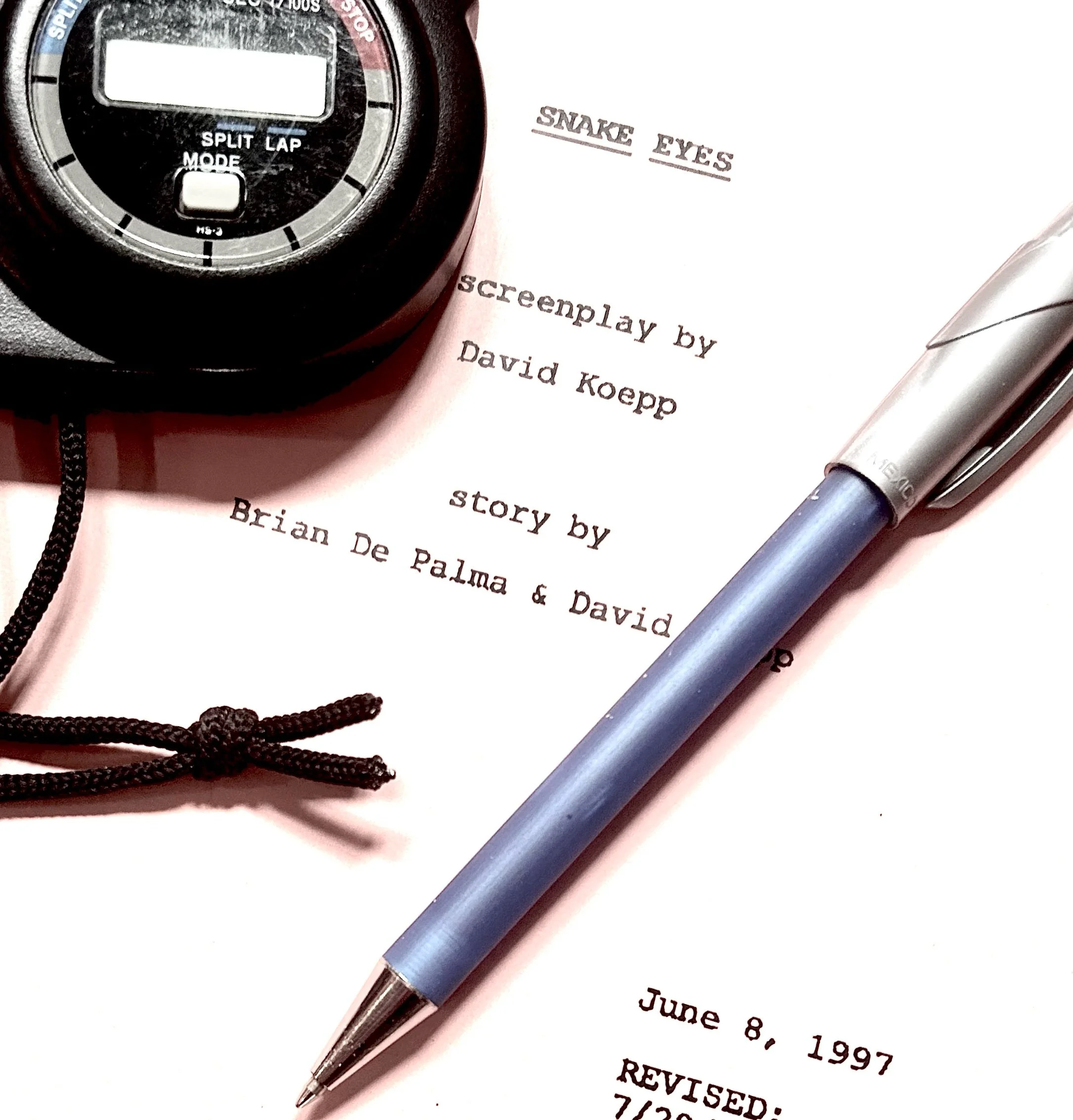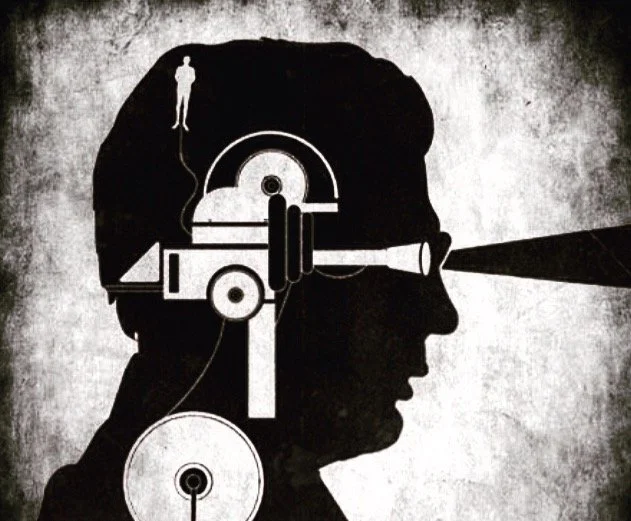Film Directing 127: Day One
/Watch your actors like newborn babies
Your first day on set as a director will undoubtedly be memorable.
Every day of film production requires you to have a plan. The question is: can the scheduled work be completed in the allotted time?
Whatever happens, you’ll walk away knowing a lot more about your actors, yourself, and the challenges of directing.
Read More









